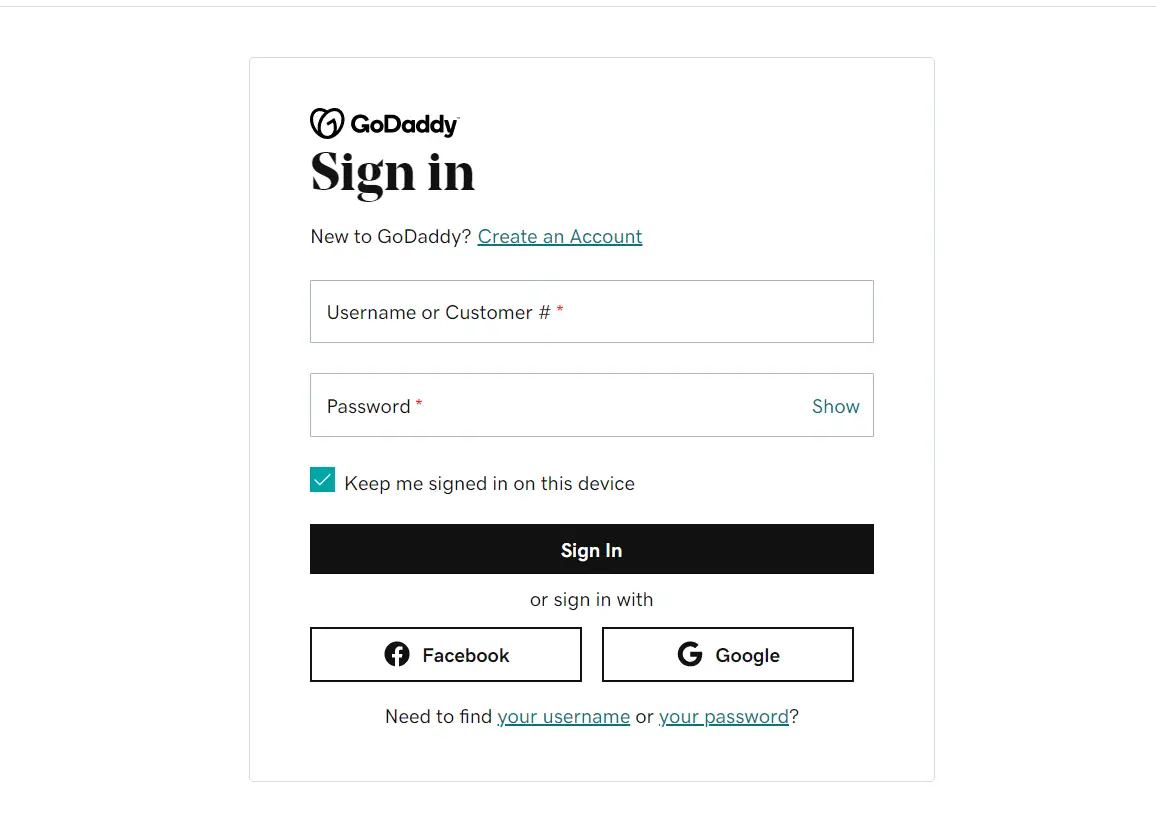A well-designed website is now not just a luxury for organizations and individuals, but rather a requirement in the digital age. Your website frequently gives potential clients, customers, or visitors their first impression of you. As a result, it’s imperative to make sure that your website is not just aesthetically pleasing but also practical and user-friendly. Here are some crucial suggestions for constructing an efficient website to assist you in building one that accomplishes your goals.
Seek Professional Help When Needed
While many DIY website builders are available, sometimes it’s best to enlist the expertise of professionals. A web design company in Delaware, for example, can provide tailored solutions that align with your business goals and local market. Experienced designers and developers can save you time, deliver a more polished product, and provide ongoing support to keep your website running smoothly.
Define Your Website’s Purpose
Before you dive into the world of web design, it’s essential to have a clear understanding of your website’s purpose. Are you creating an e-commerce site to sell products? Is it an informational website to share knowledge or a portfolio to showcase your work? Defining your website’s purpose will guide every aspect of your design and content choices. It will help you align your website with your goals and the expectations of your target audience.
Plan Your Website’s Structure and Navigation
The structure and navigation of your website are the backbone of its usability. When visitors land on your site, they should be able to find the information they need quickly and easily. Start by creating a sitemap that outlines the main pages and their hierarchy. Consider organizing your content logically into categories or sections. A well-structured website not only improves user experience but also makes it easier for search engines to index your content.
Prioritize Mobile Responsiveness
In an age where mobile devices dominate web traffic, ensuring your website is responsive on various screen sizes is non-negotiable. Responsive design means your website adapts seamlessly to different devices, providing a consistent user experience. Google also prioritizes mobile-friendly websites in search rankings, making it essential for SEO. To achieve this, consider using a responsive website builder that specializes in mobile-first design.
Choose a User-Friendly Design
Simplicity is key when it comes to web design. Your website’s layout, color scheme, typography, and overall aesthetics should be visually pleasing without overwhelming visitors. Avoid clutter and excessive use of graphics or animations that can slow down your site. The goal is to create a clean and intuitive design that guides users through the content effortlessly. Utilize whitespace effectively to improve readability and focus on your call-to-action elements.
Optimize Website Speed
Slow-loading websites can be frustrating for users and may lead them to abandon your site. To prevent this, optimize your website for speed. Compress images, minimize HTTP requests, and use content delivery networks (CDNs) to distribute your website’s content efficiently. You can use online tools to assess your website’s loading speed and identify areas for improvement. A fast-loading website not only enhances the user experience but also positively impacts your SEO rankings.
Create High-Quality Content
A successful website is built on the foundation of producing top-notch content. Creating high-quality content is about giving your readers value, not simply the words on the page. This entails providing your visitors with useful information, resolving issues, or providing entertainment. High-quality content is thoroughly researched, coherently laid out, and authentically written. It draws readers in, keeps them interested, and establishes you as a subject-matter expert. Creating useful material, whether it be blog posts, articles, videos, or infographics, is a guaranteed method to gain the trust of your audience and increase traffic to your website. Keep in mind that content is the link between you and your online audience, not just the king.
Implement SEO Best Practices

Search engine optimization (SEO) is crucial for driving organic traffic to your website. Research relevant keywords for your industry and incorporate them naturally into your content. Optimize your meta titles, descriptions, and headings. Create a solid internal linking structure to guide users to related content. SEO is an ongoing process, so monitor your website’s performance using tools like Google Analytics and make necessary adjustments.
Focus on Security
Security should be a paramount concern when designing an effective website. In an era of increasing cyber threats, protecting both your website and the sensitive data it may handle is of utmost importance. Implementing security measures such as using HTTPS, keeping software and plugins up-to-date, and using strong, unique passwords is crucial. Additionally, consider employing security plugins and firewalls to fortify your website against potential threats. A security breach can not only compromise user data but also severely damage your reputation and lead to legal consequences. Therefore, prioritizing website security is not just a best practice; it’s an absolute necessity in today’s digital landscape.
Test and Optimize
Testing and optimization are integral components of effective website design. Once your website is live, it’s essential to regularly put it through its paces, meticulously checking its functionality, responsiveness, and user experience. Conducting user testing, where real individuals navigate your site and provide feedback, is invaluable for identifying pain points and areas for improvement. Additionally, A/B testing can help you fine-tune various elements of your website, from call-to-action buttons to headlines, based on real user data. This iterative process of testing and optimization ensures that your website remains a dynamic and user-centric platform, continuously evolving to meet the changing needs of your audience and ultimately achieving its goals more effectively.
Designing an effective website is a multi-faceted task that requires careful planning, attention to detail, and a commitment to ongoing improvement. By defining your website’s purpose, creating a user-friendly design, and optimizing for mobile and search engines, you can create a website that not only looks good but also achieves your goals. Regularly update and maintain your website to stay relevant and competitive in the ever-evolving online landscape. Whether you choose to go it alone or work with professionals, the success of your website ultimately depends on your dedication to providing a positive user experience and valuable content.




![How to Clear Cache for One Website [Complete Guide]](https://www.ephatech.com/wp-content/uploads/2021/07/how-to-clear-cache-for-one-website.jpg)

![Is currently unable to handle this request. http error 500 [Fix & Guide]](https://www.ephatech.com/wp-content/uploads/2023/02/kari-shea-1SAnrIxw5OY-unsplash-360x240.jpg)

